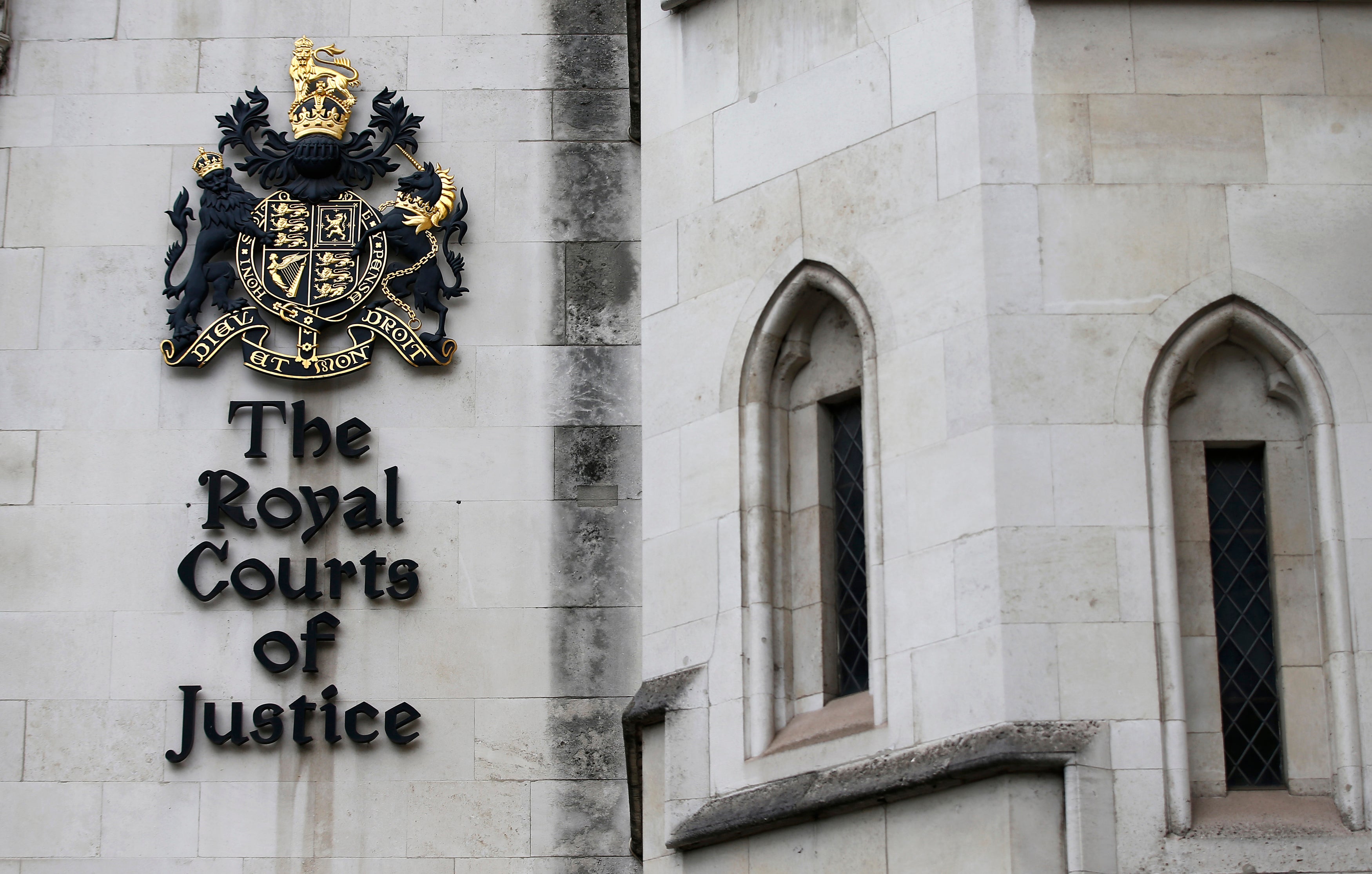
The number of UK defamation cases has fallen to a new low following a raising of the threshold of harm that has seen celebrities instead turn to privacy actions to block publication of unfavourable stories.
There were 49 reported defamation cases in the UK over the year to the end of June 2017 that made it to a court hearing, down from 86 three years ago, according to research by Thomson Reuters.
Newspapers were the defendant in 22 per cent of all reported defamation cases in the UK last year, down from 50 per cent a decade ago.
Just 6 per cent of UK defamation cases last year were brought by celebrities, compared with 32 per cent ten years ago.
Reported cases of defamation via social media have also fallen, more than halving in the past 12 months to six cases, which made up 10 per cent of all reported defamation cases in the UK last year.
The decline is in part due to changes to the Defamation Act in 2013 that raised the threshold from “substantial” to “serious harm” – and requires businesses to prove “serious financial loss” to support any claim.
Thomson Reuters says the number of claims by businesses has fallen from ten to two in the past twelve months, but individual claims increased to 43 last year, up two on the year before.
Another reason for the decline – on social media in particular – is that a handful of high-profile lawsuits have acted as a deterrent.
In 2013, Lord McAlpine won a libel claim against Sally Bercow, wife of House of Commons Speaker John, over her tweet following a Newsnight report wrongly implicating the Tory peer in allegations of child sex abuse.
Nicola Cain, co-author of Defamation: Law, Procedure and Practice, which is published by Thomson Reuters, said: “The message is finally starting to get through to users that they need to be extremely careful what they say when posting online.
“After a couple of headline-hitting social media defamation cases, people are more aware that what they are typing in the privacy of their own homes is not a private matter – and views can be shared and spread very quickly.
“The evidence clearly shows the Defamation Act [of 2013] has played a big part in reducing the number of defamation cases reaching the High Court.”
For the research, Thomson Reuters used its Westlaw and Lawtel databases to analyse reported defamation cases in the UK that resulted in a court hearing.
Picture: Reuters/Peter Nicholls
Email pged@pressgazette.co.uk to point out mistakes, provide story tips or send in a letter for publication on our "Letters Page" blog







